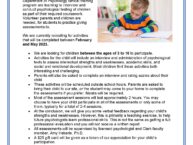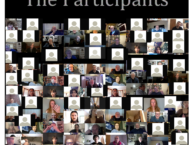The winners of the Technical Centre for Agricultural and Rural Cooperation (CTA) Agriculture Rural Development and Youth in the Information Society (ARDYIS) essay contest were announced at a gala dinner held during the CTA/NPCA Week 2010 in Johannesburg, South Africa. Among the winners is second year International Development and Social Change student, Tyrone Hall. Hall, winner in the Caribbean category, was also selected as the overall winner among the regional winners.
Hall, a native of Jamaica, received his B.A. in media and communication from the University of the West Indies-Mona Campus. He has interned with the Caribbean Media Corporation in Barbados, The Planning Institute of Jamaica, and produced two documentaries on development issues. His research interests are in media and development, social entrepreneurship, microfinance, and child labor. Hall enjoys debating and has participated in three world universities debating championships.
Hall is keenly interested in agricultural issues and communication media. In his winning essay, he argues, “There are two key problems which are crippling Jamaica’s agricultural sector. These problems are: a) praedial larceny, an organized criminal activity geared at perpetuating the theft of agricultural stocks; and b) information asymmetries which hinder the development of a culturally appropriate, efficient and effective marketing system.”
Hall contends that it is imperative to tackle these challenges because of the multilevel economic importance of agriculture to the island. The essence of his essay is a solution using information and communication technologies (ICTs): a) a mobile security innovation to combat praedial larceny known as an Electronic Laser Fence Security Alert System and, b) a mobile solution to poor marketing called a SMS Information Database (SMS ID).
You can read his entire essay online.
About the contest, Hall noted, “The competition was a splendid opportunity for me to think laterally about my primary research interest (ICT4D) and associated skills. I’m very happy that the judges appreciated my ideas and probed me so candidly after my presentation. I’m looking forward to the Development 2.0 Workshop—there are so many new and costly web tools available today that can aid me and my peers in becoming better thinkers and users of ICT4D.”
Regional winners each received 1,000 euros and others awards, while Hall, the overall winner, received and additional 500 euros. All winners, along with other best entrants, will attend an advanced Web 2.0 training and networking workshop in 2011.
The best entries will be published in CTA’s booklets and materials, and a United Nations report next year that will profile a range of young people and issues in celebration of the “International Year of Youth,” which started in August this year. The best participants will be offered the opportunity to attend future CTA and its partners’ activities. Other winners included students and practitioners from Cameroon, Kenya, Uganda, Zimbabwe, Nigeria, and Fiji.
The jury panel was composed of Balraj Rajkomar, Senior Lecturer at the Department of Agricultural Productions and Systems Faculty of Agriculture University of Mauritius, Mauritius; Helen Hambly Odame, Associate Professor at the School of Environmental Design & Rural Development, University of Guelph, Canada; and Annie Chéneau-Loquay, researcher/lecturer at ICT4D in Africa, Sciences Po, Bordeaux, CNRS, France. The prizes were given by Dr. Ibrahim Mayaki, CEO, New Partnership for Africa’s Development (NEPAD), and Michael Hailu, Director, CTA and ARDYIS’s partners.
The theme for the overall CTA Conference was “Innovations for Sustainable Futures in Agriculture.” The focus of the conference was to present an Integrated Water Management for Sustainable Agriculture Seminar (which had four working groups): 1, Water scarcity adaptation strategies for vulnerable rural communities, 2, Water storage for climate change adaptation (recovering rainwater), 3, Water governance and water sector reform, and 4, Equitable distribution of water rights and access (water, poverty and gender).
Read more about the conference and view the winning participant summaries online.





